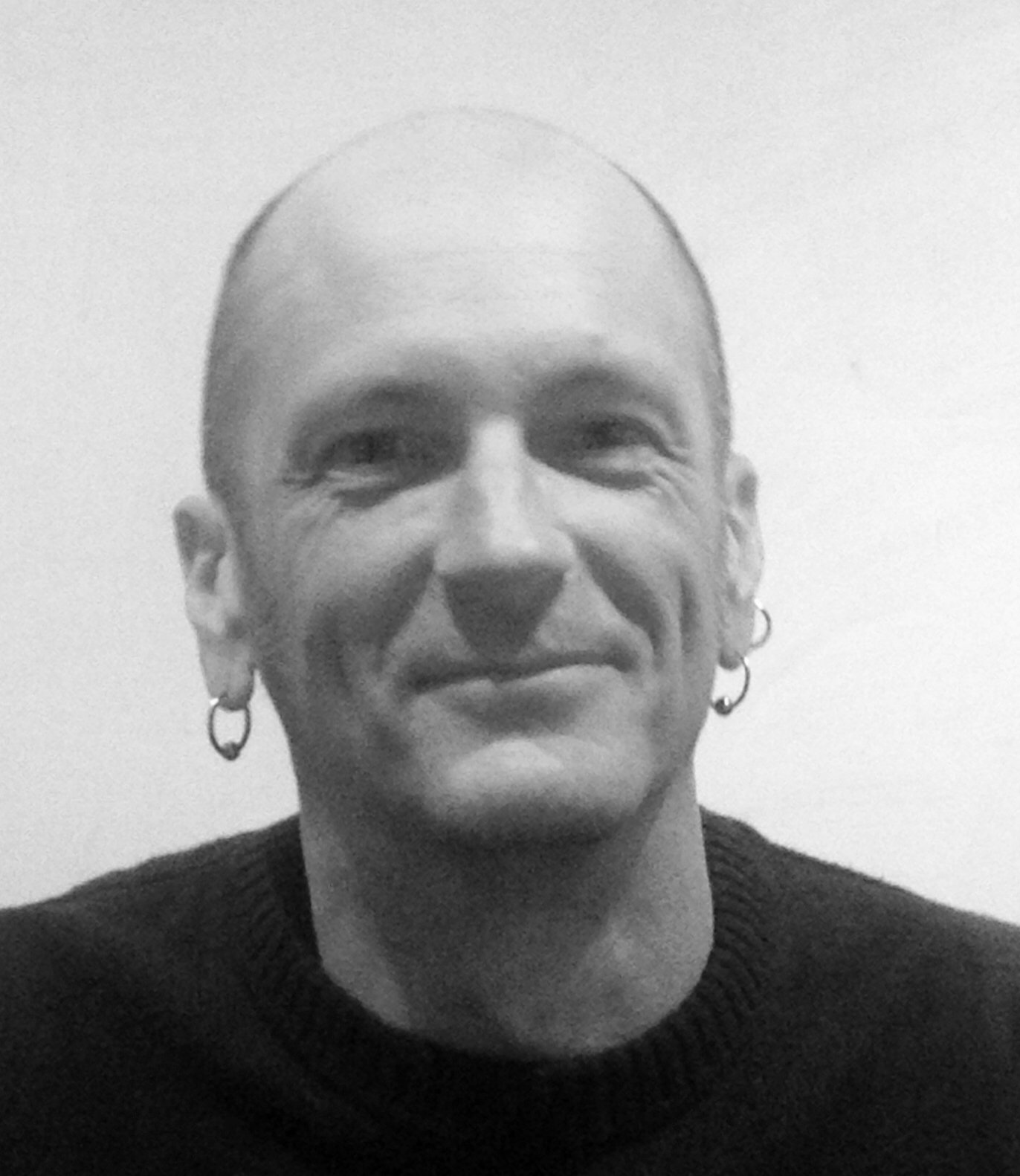Professor Paul Norman
University of Colorado
Paul Norman researches the genetics of human immunity. He studies the natural variation in immune responses that evolved as modern human populations expanded and adapted to new environments. His particular focus is co-evolution of the HLA markers for healthy cells and the Natural Killer cell receptors that bind them. To combat infectious pathogens, this system of interacting molecules is so genetically diverse it allows immune individuality. Because this interaction is critical both to immunity and reproduction, natural selection mediates a trade-off to ensure survival of individuals and growth of populations. In this light, Paul has studied African and Amerindian hunter-gatherers, Maoris and Indigenous Australians, and analyzed ancient human’s genomes to trace their immune legacy in present-day populations. To enable these studies, he devised the first high-throughput methods to sequence entire MHC and KIR genomic regions. The methods are being used to investigate immunogenetic diversity of infectious and neurological disease, preeclampsia, and leukemia. They are also being adopted by the transplantation community both to analyze retrospective bone marrow transplant cohorts, and to develop matching protocols for choosing donors. Dr. Norman worked with Peter Parham at Stanford for 16 years before setting up his lab at University of Colorado in 2018, where he currently leads a team of three postdocs and five graduate students.

